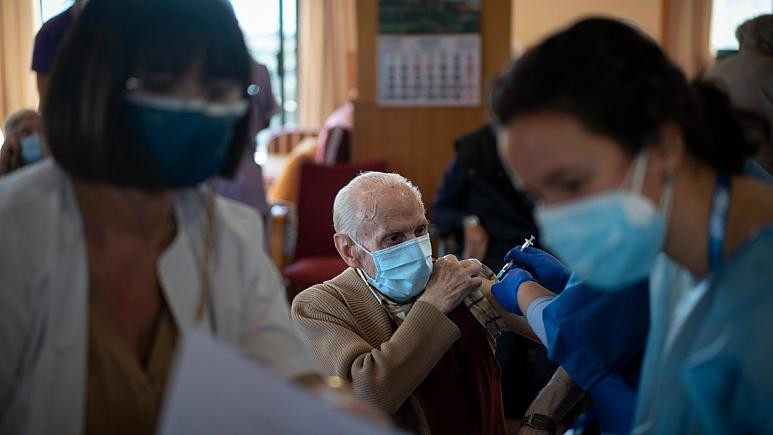A recent report by the United Nations Children’s Fund (UNICEF) and the World Health Organisation (WHO) published alarming numbers of poor health services in some regions of the world. Only 12% of the surveyed countries spend more than 75% of the budget needed to achieve the goals of clean water and environmental sanitation at health facilities. Poor quality health care kills about 8 million people each year in 137 low- and middle-income countries and causes economic losses of up to 6 trillion USD annually.
In his message to the 76th World Health Assembly (WHA) in Switzerland, United Nations Secretary-General Antonio Guterres emphasised the key to achieving the best health for all people is cooperation and sharing. The unpredictable emergence of the COVID-19 pandemic more than three years ago has exposed the weaknesses of the global health system, including unequal access to health services. At a time of rising pandemic waves, global health officials regularly call on the world to work together to respond to this common challenge.
Although the WHO lifted the global health emergency for the COVID-19 pandemic, the lessons of solidarity and promoting equitable access to health services are still valid. The WHO recently gained an important achievement when key member countries approved a budget package worth 6.83 billion USD over the next two years to increase the WHO’s financial resources to respond to global general crises.
The WHO also promotes discussion on a draft treaty, asking rich countries to make more efforts in helping the world respond to epidemics. The draft emphasises that countries with potential and resources need to shoulder the responsibility to a commensurate level.
Climate change, ecosystem degradation, geopolitical instability and others are threatening human health and happiness. According to the WHO, extreme heat can lead to many diseases and an increasing number of deaths, of which the main health complications are heatstroke and hyperthermia.
It is estimated that about two billion people will live in hazardous heat conditions by the end of this century if climate policies continue on their current trajectory. Meanwhile, UNICEF said that in Sudan, a country ravaged by conflict, more than 13.6 million children are in dire need of humanitarian assistance, of which 620,000 are suffering from acute malnutrition and half of them may die without prompt help.
Many countries are also facing a serious shortage of health workers. African countries have been hit hardest, with 37 countries struggling with shortages of healthcare workers.
Faced with a scenario of a shortage of up to 10 million health workers globally by 2030, the WHO has recommended countries prioritise training health workers. Global health challenges can only be solved by cooperation on a global scale so that no country is left behind.
















